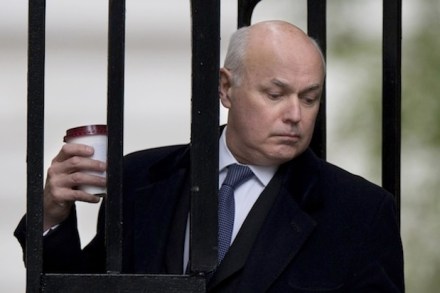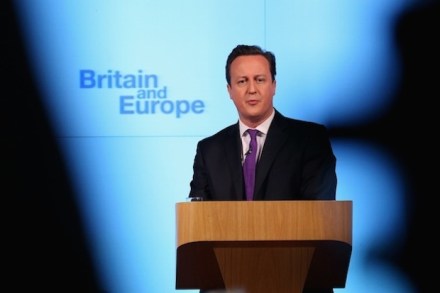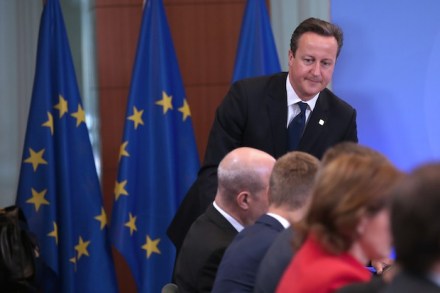The conservative case against Iain Duncan Smith
Labour held a debate on Iain Duncan Smith’s stewardship of the welfare state today. Tory MPs backed their man, as did the Conservative journalists, who have told their readers that despite the many disappointments of the Cameron administration, Duncan Smith’s welfare reforms make the excruciating experience worthwhile. If Conservatives were sincere, they would want him out of office now. They would suspect, as I suspect, that he has a Napoleon complex. Once the poor chap saw himself as a potential Prime Minister. Now he sees himself as a great reformer. As he no more has the capacity to be the latter than the former, Duncan Smith is engaging in crimes




















